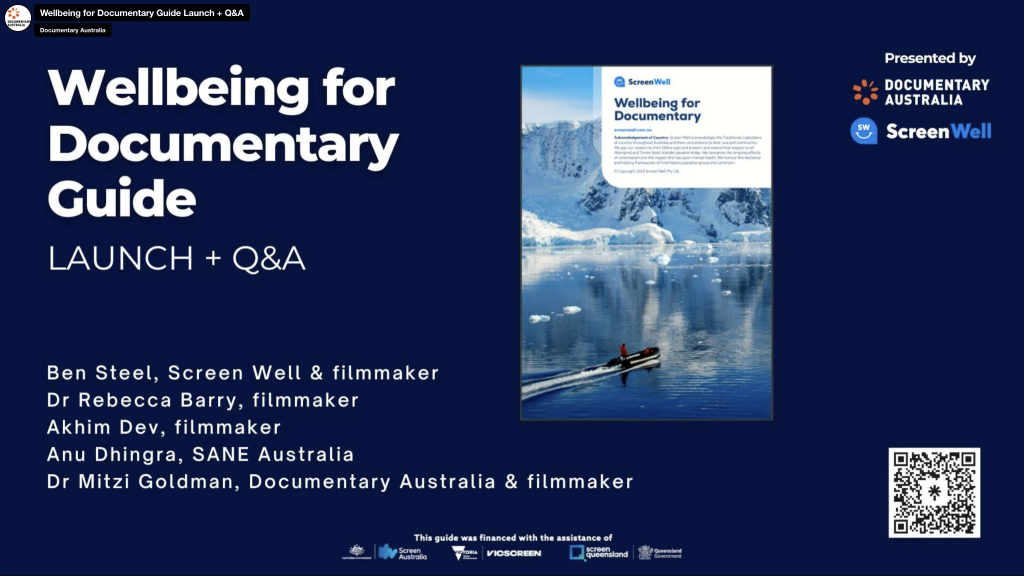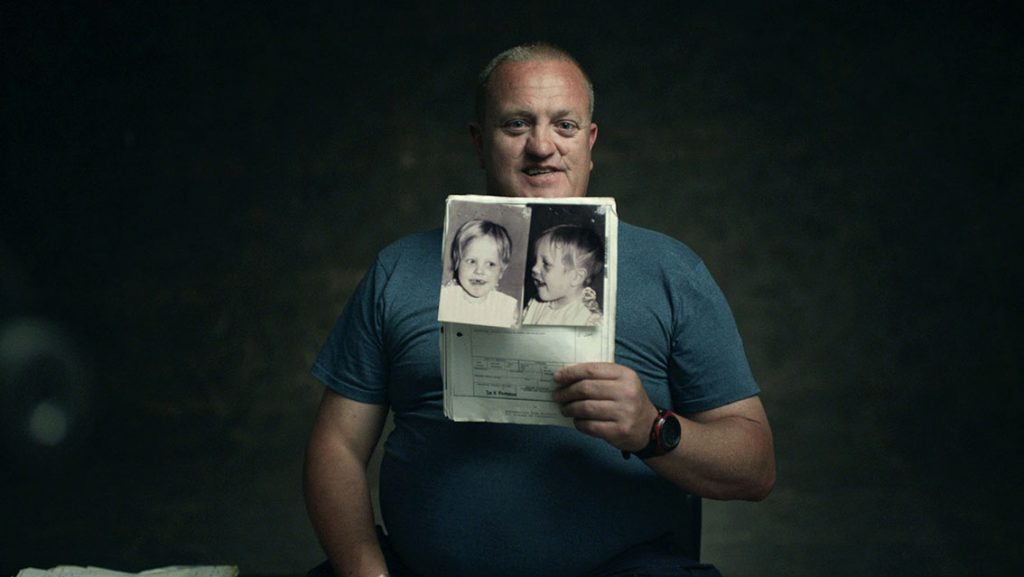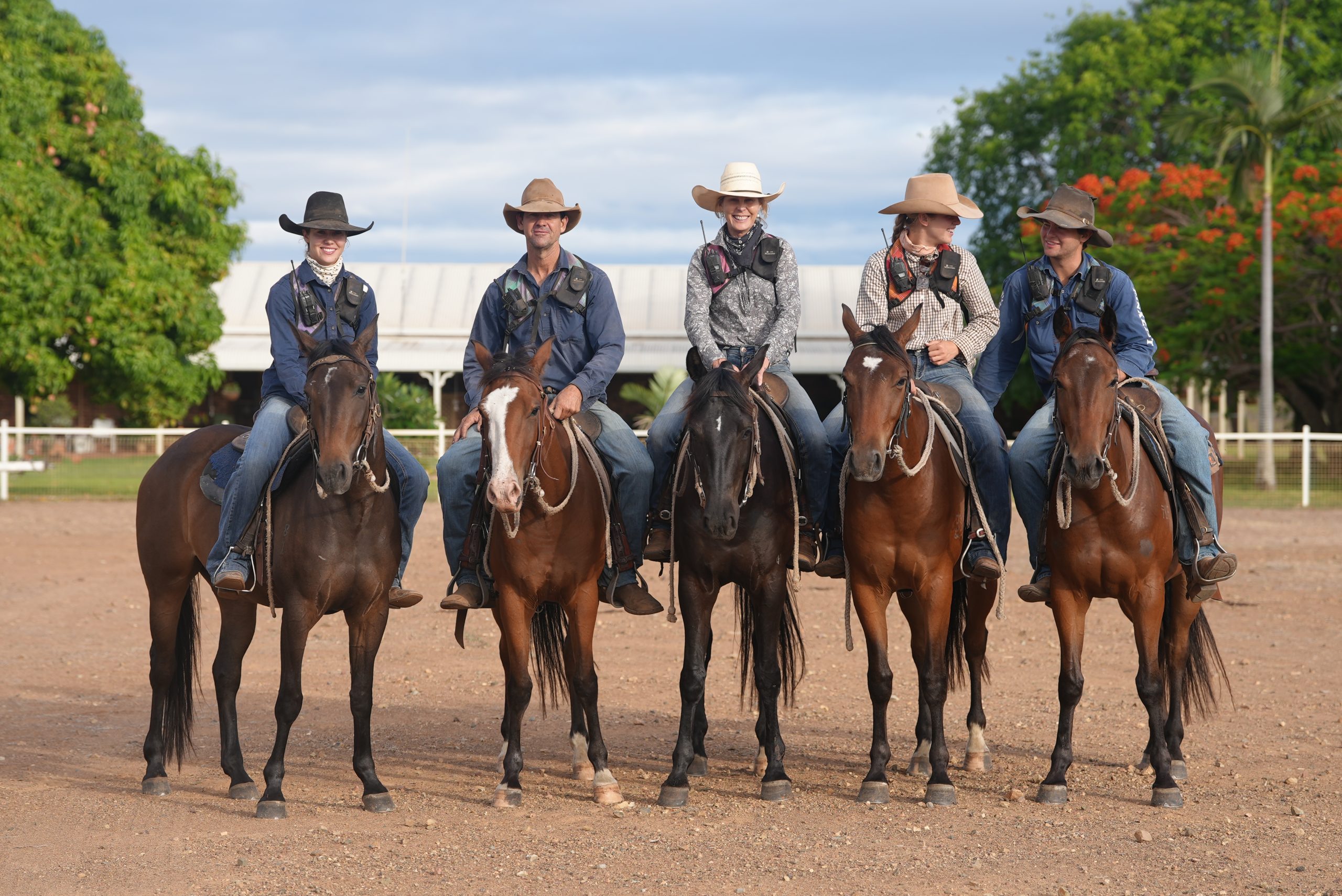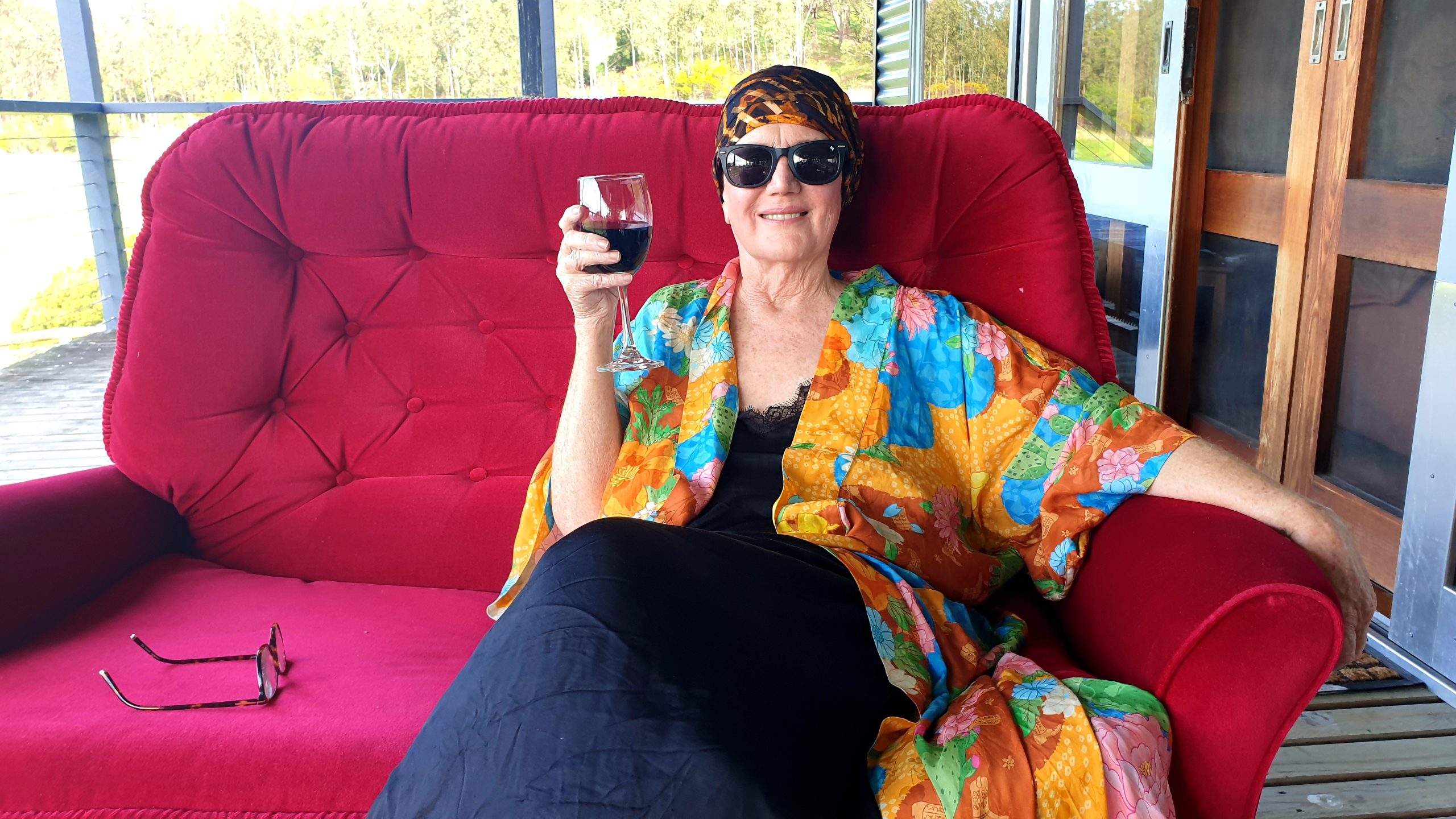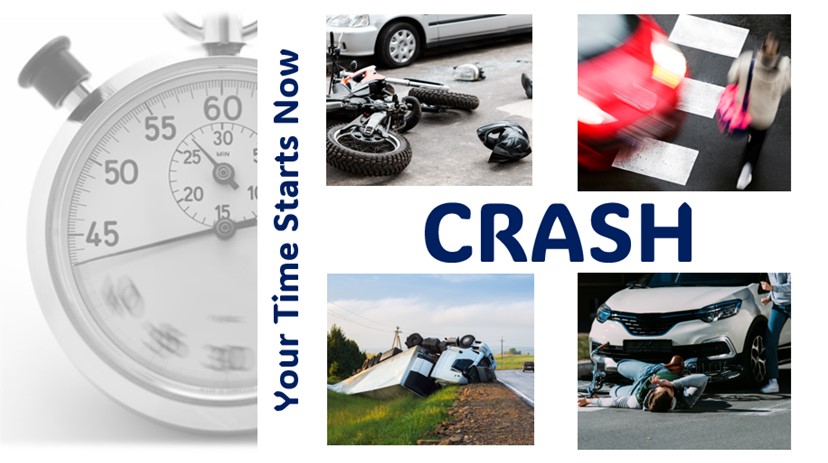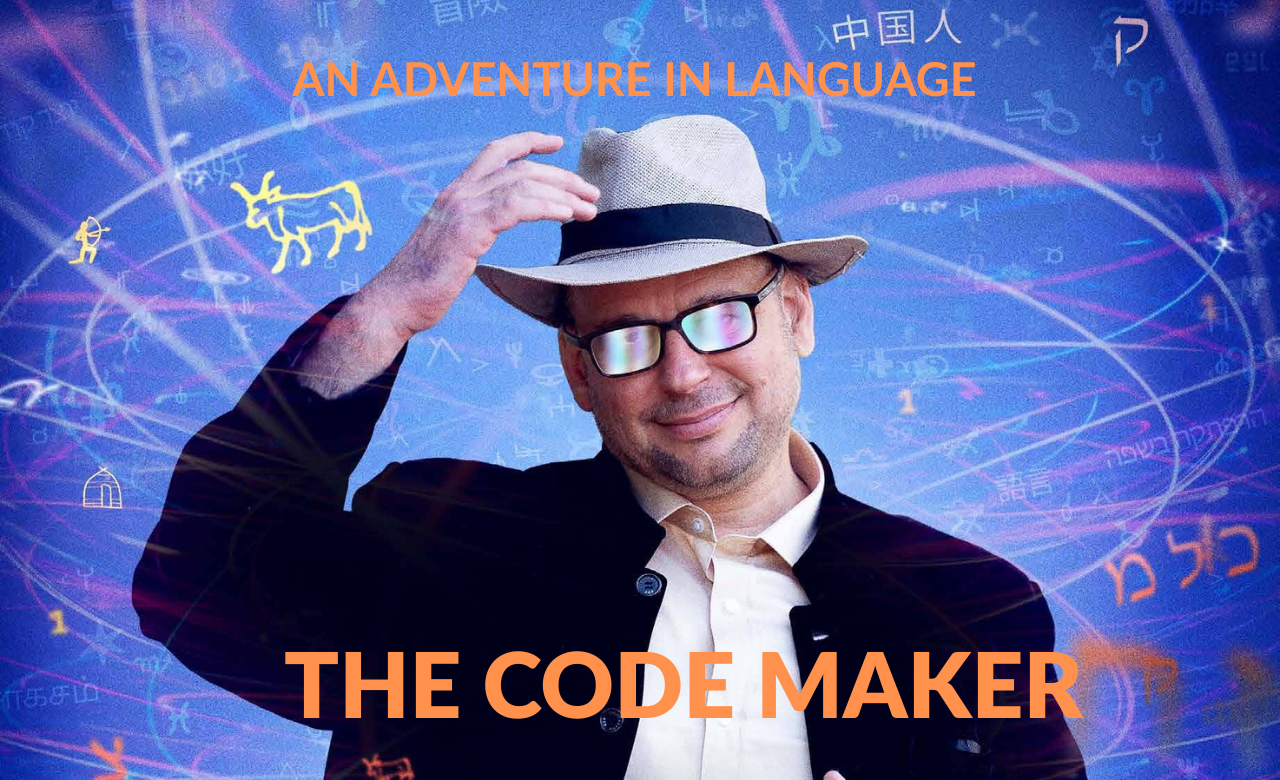Health & Wellbeing
Documentaries can raise awareness about important health challenges, confront societal perceptions and stereotypes surrounding health conditions and combat stigma and discrimination.
In ancient civilisations, health practices were often tied to religious or spiritual beliefs. In the 19th and early 20th centuries, public health movements emerged aiming to improve living conditions and prevent the spread of infectious diseases. Major milestones in public health included the discovery of antibiotics, the development of vaccines, and the establishment of healthcare systems and policies.
However, in recent times, health and wellbeing have become even more significant global concerns. With an increased focus on mental health, an aging population, a mobile global population and the prevalence of non-communicable diseases like cardiovascular disease, diabetes, and cancer, as well as the recent COVID pandemic, we are faced with pressing health challenges and possible solutions.
By presenting gripping stories, expert perspectives, and personal narratives, documentaries can contribute to the public discourse on health and wellbeing and spur viewers to understand, empathise and/or take action. Documentaries can raise awareness about important health challenges, confront societal perceptions and stereotypes surrounding health conditions and combat stigma and discrimination.
Disparities in health outcomes based on socioeconomic status, race, gender, and geography are becoming increasingly evident. Documentaries highlight these disparities by providing a platform for marginalised communities and groups to share their experiences. They are a call to action that can motivate us to assemble resources and support for research, treatment programs, and community interventions.
Documentaries can inspire us to manage our health better, volunteer our time, donate our resources, and advocate for policy changes that address health and wellbeing issues.

Wellbeing for Documentary Guide Launch + Q&A
The highly anticipated launch of the Wellbeing for Documentary guide – a vital resource crafted by Screen Well to enhance mental health outcomes within the Australian documentary industry.
This guide identifies common challenges and stressors impacting the mental health of documentary filmmakers and their teams, and provides practical strategies and processes aimed at fostering safer and healthier workplaces and improving mental health in the sector.
This online Q&A features special guests including filmmaker and Screen Well’s Ben Steel, SANE Australia’s Manager of Lived Experience & Inclusion Anubhav Dhingra, and filmmakers Rebecca Barry and Akhim Dev, and is moderated by Documentary Australia CEO Dr Mitzi Goldman. The group discusses wellbeing as a crucial factor in the workplace. They share and reflect on their personal challenges in creating documentary projects, offering invaluable insights into the strategies they’ve employed to overcome obstacles and improve overall wellbeing.
View all webinars here
Case Study: Ghosthunter
A Western Sydney security guard and part-time ghost hunter, Jason King, has spent two decades searching for his absent father. As a survivor of trauma, he seeks to reconcile his fractured memories and piece together his past. When his search converges with a police investigation, a family secret is exposed – forcing him to confront a brutal past in order to claim his future.
Read the full case study here.
Completed Documentary Australia-supported Health & Wellbeing projects:
| Embrace | Embrace Kids | That Sugar Film |
| Where to watch: Apple TV, DocPlay, Netflix, Stan | Where to watch: Apple TV, Google Play | Where to watch: DocPlay, Google Play, Apple TV |
| Happy Sad Man | How to Thrive | Defiant Lives |
| Host a screening event | Upcoming screenings | Where to watch: Disability Busters |
Films that need your support
Other documentary projects in this issue area
Search by Filter

